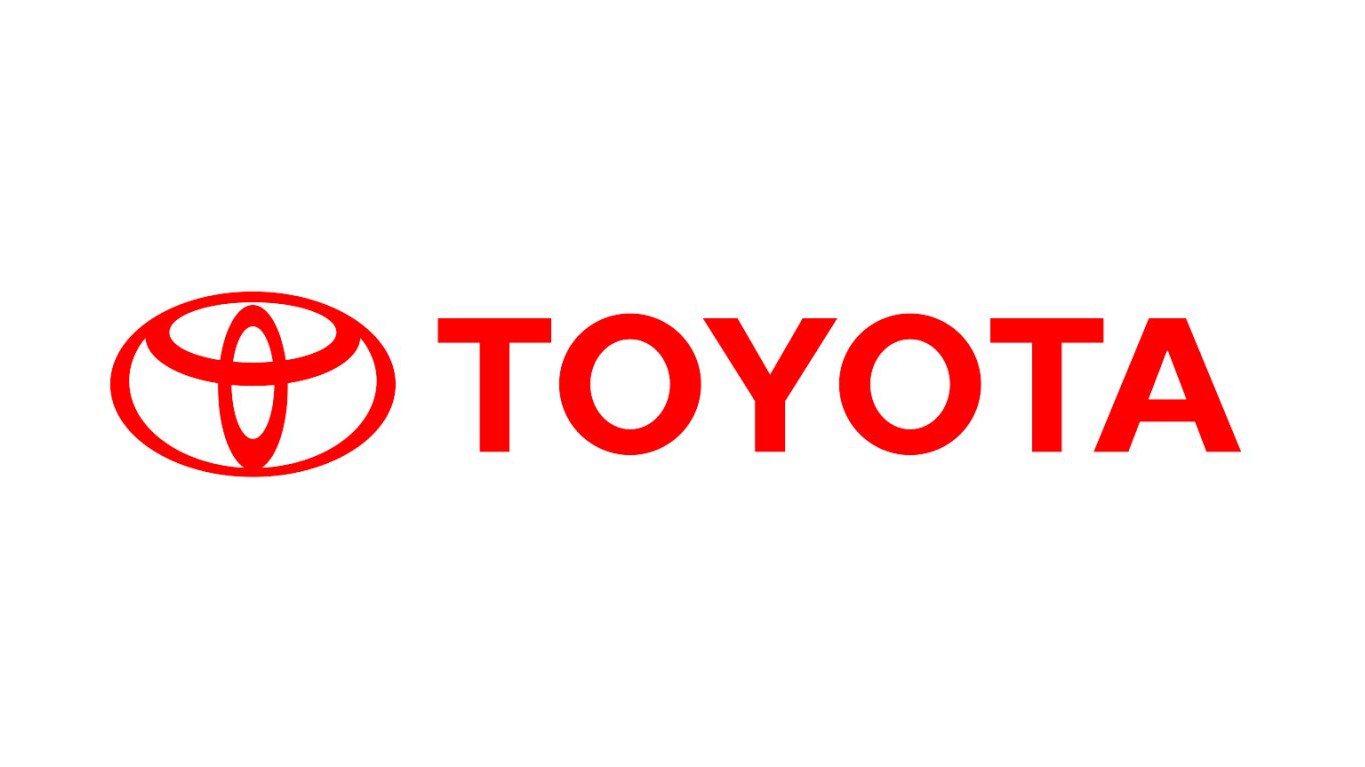Cars and Drivers
Toyota's Japan Production Halted by Earthquake

Published:
Last Updated:

Toyota Motor Corp. (NYSE: TM) has closed its transmission and parts plant south of Sapporo on the Japanese island of Hokkaido following a Thursday earthquake. The plant will be closed at least until power is restored, if not longer. The 6.7 magnitude quake hit the island before sunup Thursday and has been blamed for 16 deaths so far.
Japan’s Asahi Shimbum reported that other Toyota-affiliated factories also have shut down. An aluminum plant owned by Aisin Seiki that produces aluminum parts for engines and transmissions is shut down, as is Toyota subsidiary Denso, a maker of semiconductor products for the company’s cars.
Toyota spokeswoman Akiko Kita, cited at Automotive News, said the shutdown will affect all Toyota and Lexus production lines in Japan, with the exception of two Daihatsu plants that also manufacture Toyota-brand vehicles.
The company will halt production at plants that make Lexus vehicles and Toyota’s Land Cruiser. Some of these vehicles are exported to the U.S. market. The plant closures begin Saturday morning (it’s already Friday night in Japan). The carmaker did not indicate when production will resume.
A spokesman for Toyota’s North American business said the initial production stoppage is unlikely to have much effect on North American operations.
Nissan is the only other automaker with facilities on Hokkaido, but it’s a test track, not a production facility. Electronics giant Kyocera produces components for smartphones and other devices on the island and manufactures all the company’s mobile phones for Japan’s domestic market.
Steelmaker Muroran, a subsidiary of Nippon Steel and Sumitomo Metal, halted production immediately after the quake in order to run safety checks. The plant is a major steel supplier to domestic automakers.
Hokkaido is a popular tourist destination, and its low-priced land makes it desirable to high-tech and other industries. It is also home to large food and dairy farms.
Toyota stock traded down about 0.4% late Friday morning, at $119.73 in a 52-week range of $114.69 to $140.99. The consensus 12-month price target on the stock is $138.05.
Credit card companies are pulling out all the stops, with the issuers are offering insane travel rewards and perks.
We’re talking huge sign-up bonuses, points on every purchase, and benefits like lounge access, travel credits, and free hotel nights. For travelers, these rewards can add up to thousands of dollars in flights, upgrades, and luxury experiences every year.
It’s like getting paid to travel — and it’s available to qualified borrowers who know where to look.
We’ve rounded up some of the best travel credit cards on the market. Click here to see the list. Don’t miss these offers — they won’t be this good forever.
Thank you for reading! Have some feedback for us?
Contact the 24/7 Wall St. editorial team.